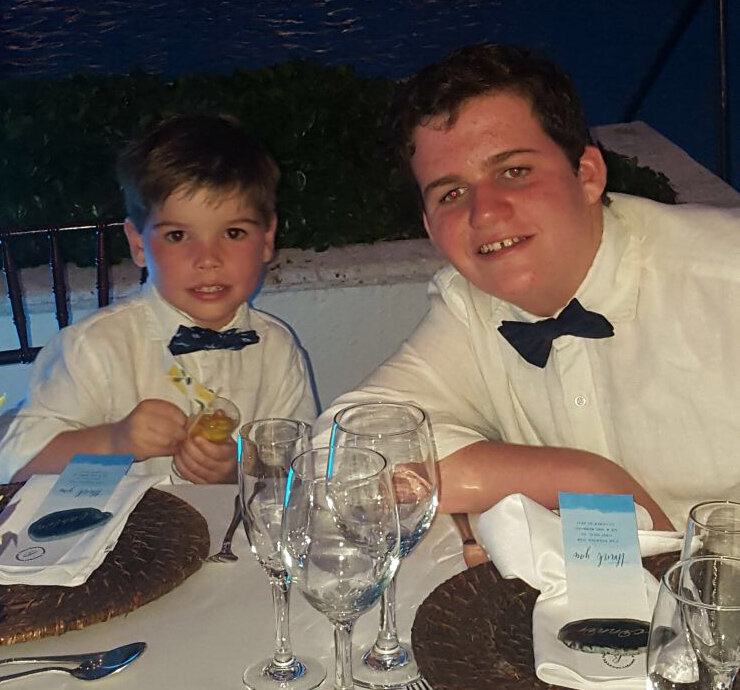
Meet Connor Donahue, Latest Beneficiary
Connor, now 17 years old, was born with a rare type of brain tumor called hypothalamic hamartoma (HH) . Connor experienced gelastic seizures (a symptom of HH) from birth. Gelastic seizures are rare and involve episodes of nervous laughter with no apparent trigger. The seizures were never diagnosed until he began having complex partial seizures.

Lillian, 7, Battles Back From Recent Brain Tumor Treatment and Receives Handheld Blood Analyzer
Lillian Knowlton, from Chesapeake, Virginia, was diagnosed earlier this year with a craniopharyngioma brain tumor. We met Lillian’s parents at the Pituitary Brain Tumor Day at Children’s Hospital of Philadelphia this past March while she was inpatient and post-op from a tumor resection. Recently, Jennifer, Lillian’s mother, reach out to us because of the struggle of getting her sodium under control. She said Lillian was basically confined to the house because of the constant monitoring.
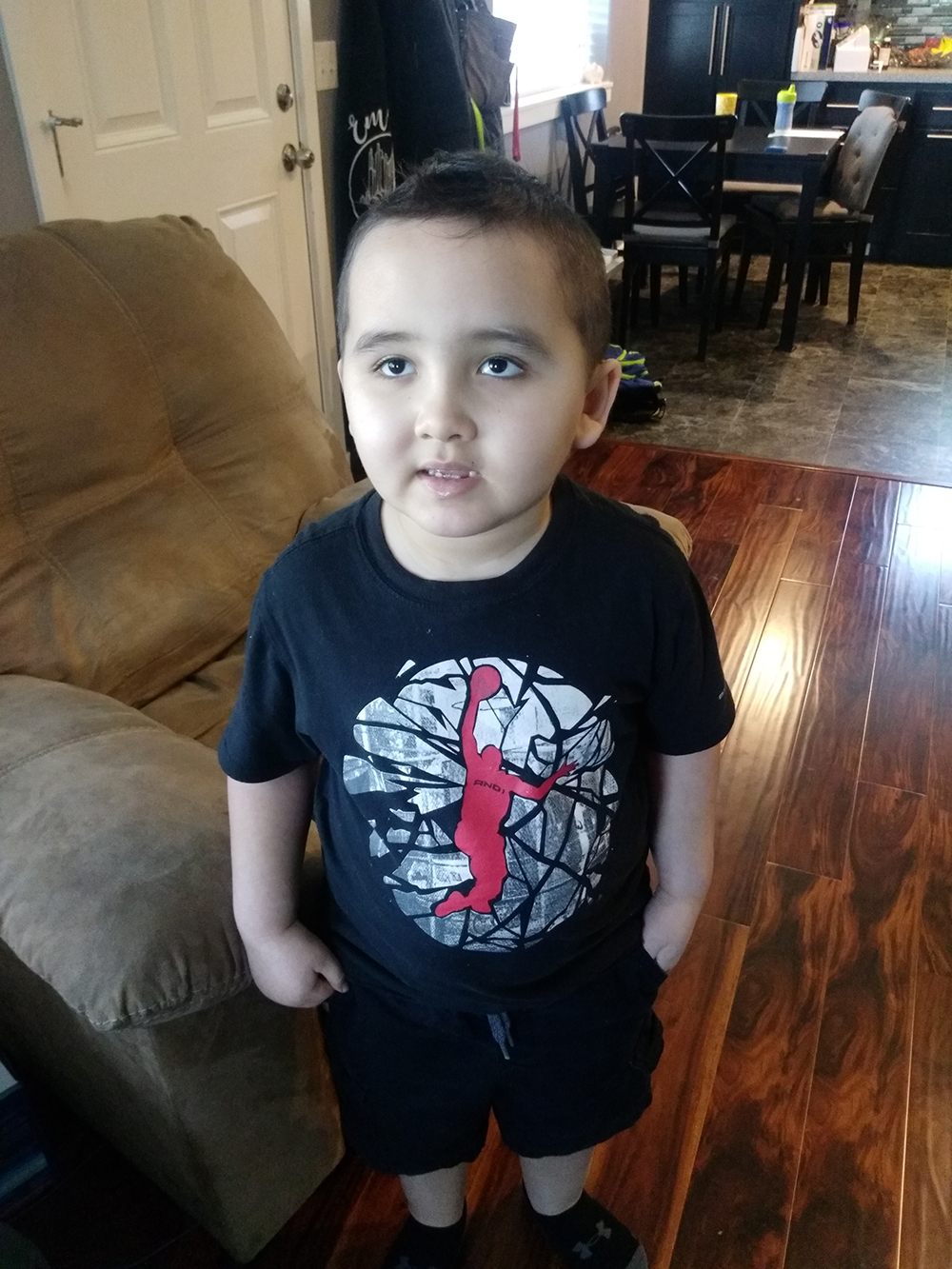
Meet Isaac, Our Latest Recipient
Isaac, age 7, from Eugene, OR, was diagnosed with a craniopharyngioma brain tumor just this past December. The after effects of tumor treatment included difficult-to-manage diabetes insipidus with fluctuating sodium levels and an unreliable thirst mechanism due to hypothalamic damage.

Meet 13-Year-Old Micah, Our 9th Recipient
In the fall of 2013, he was 8 years old and had just finished his first season of tackle football; he loved sports of all kinds, loved building with Legos, loved history and science. He was what you might refer to as an “old soul.”
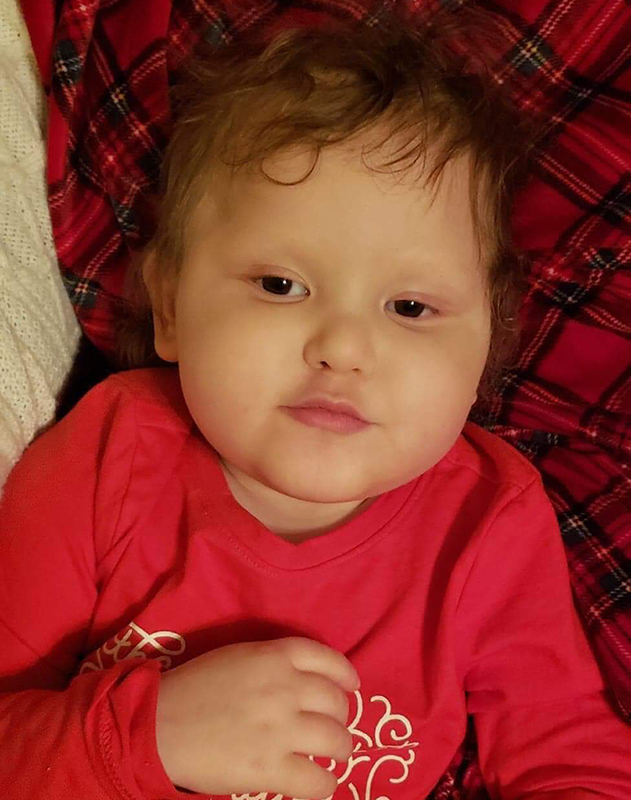
Meet Anastasia, RAWF’s Eighth Blood Analyzer Recipient
Two-year-old Anastasia Rafter from Niagara Falls, NY, was diagnosed with an aggressive tumor in her optic chiasm on December 20th, 2016 at 8 months old. The tumor caused her to go completely blind. She failed all standard chemotherapy and underwent surgery in October 2017 where 50% of her tumor was removed but the surgery destroyed her pituitary gland.
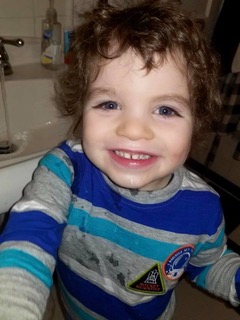
The Story of Teddy
On July 21st, I sat in the Emergency Room at Yale and had a doctor tell me my son had a large mass at the base of his brain. As a parent, nothing can prepare you for this news. My sweet Teddy underwent a ten hour surgery on July 23rd to remove a large amount of the tumor.

Henry Cloninger Receives Blood Analyzer
This summer, Raymond A. Wood Foundation provided Henry Cloninger, a 6-year-old from Godfrey, IL, a blood analyzer to help his family manage his medical care at home.
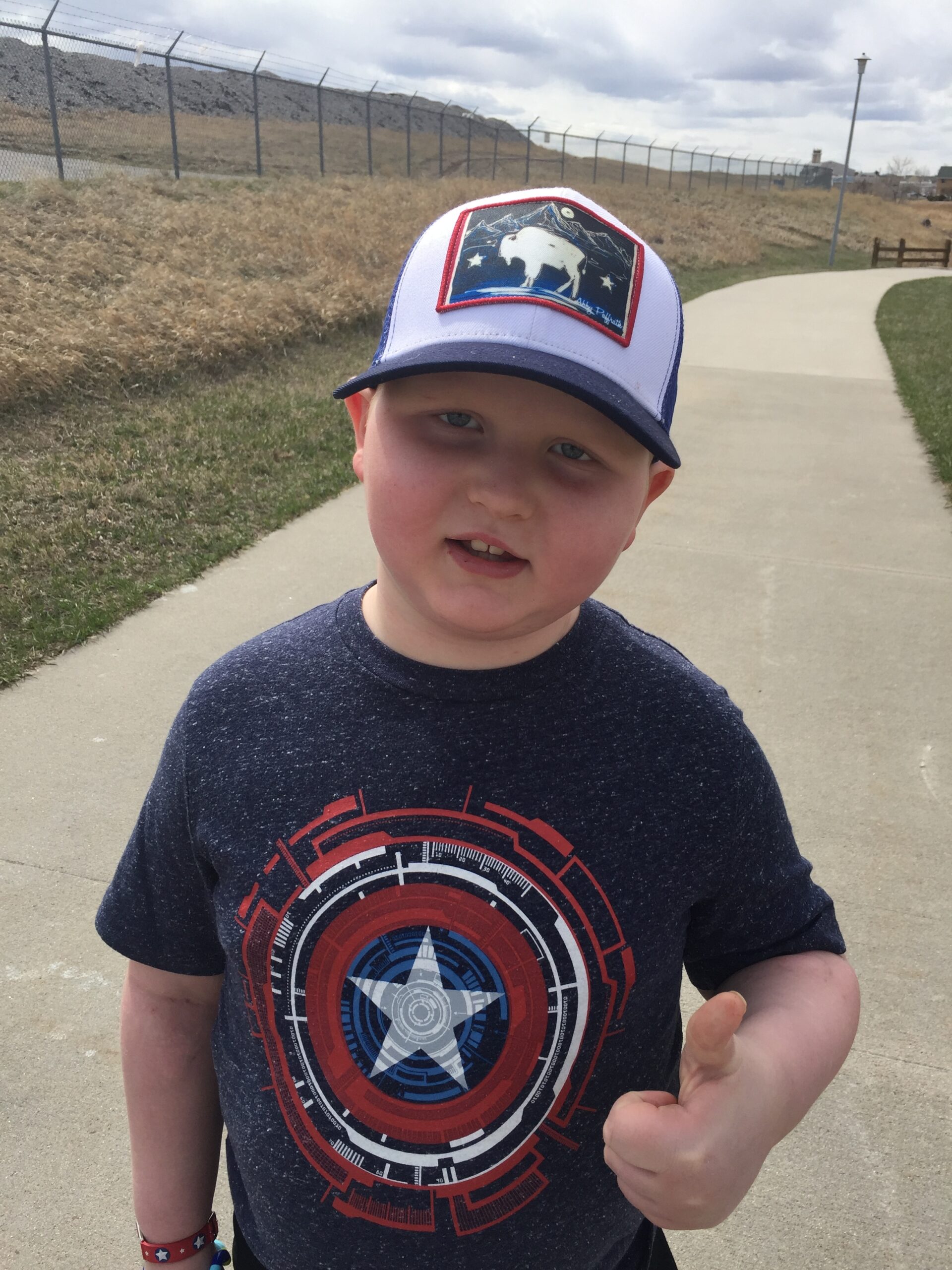
Silas Johnson Named Next Recipient of a Handheld Blood Analyzer
Silas Johnson, age 8, lives with his mom Chelsea, dad Casey and 1.5 year-old brother Ackley in Cody, Wyoming. Silas was diagnosed with a craniopharyngioma brain tumor in January of 2017 and, as a result, suffers from diabetes insipidus (DI) a condition where, due to injury, the pituitary gland does not excrete the anti-diuretic hormone (ADH0, thus making blood sodium levels difficult to manage.

Merry Christmas, Molly
Meet Molly Brenner, 19, from Kansas, who will be receiving a handheld blood analyzer to help manage her diabetes insipidus making her our third recipient. Molly was diagnosed with a craniopharyngioma brain tumor in 2012 on her at age 14 on her fourth day of high school. Her tumor was removed via a craniotomy at Childrens Mercy Hospital in Kansas City. Molly suffers from diabetes insipidus (DI), hypothalamic obesity (HO), adrenal insufficiency (AI) and is visually impaired. Recently, she was diagnosed with pulmonary vasculitis. Unfortunately, the parts of the brain impacted by this tumor treatment control the overall health of the rest of the body which can leave patients like Molly susceptible to other diseases.

Mikey O’Connell, Virginia Fifth Grader, First to Receive Medical Device from RAWF
Sterling, VA — Countryside Elementary School fifth grader Michael “Mikey” O’Connell was selected by the Raymond A. Wood Foundation (RAWF) to receive a handheld blood analyzer, a hospital-grade device that is critical to managing a chronic condition called diabetes insipidus (DI). O’Connell suffers from this condition as a result of removal of a craniopharyngioma, which is a benign brain tumor that affects the hypothalamus and pituitary gland.
